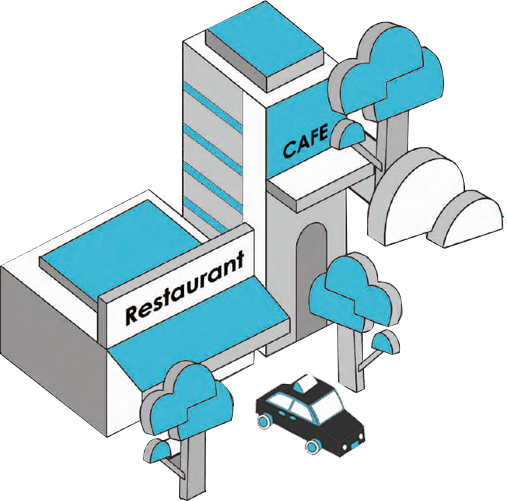Guide in SHENZHEN
Hand in hand in deep entrepreneurship
/ Live at Shenzhen / Startup at Shenzhen /



Guide in SHENZHEN
Hand in hand in deep entrepreneurship
/ Live at Shenzhen / Startup at Shenzhen /

Hand in hand in deep entrepreneurship
/ Live at Shenzhen / Startup at Shenzhen /

Recruitment

Foreword
Reading Guide
Online job platforms and career fairs
Flexible recruitment approaches
Recruitment

Foreword
Reading Guide
Online job platforms and career fairs
Flexible recruitment approaches